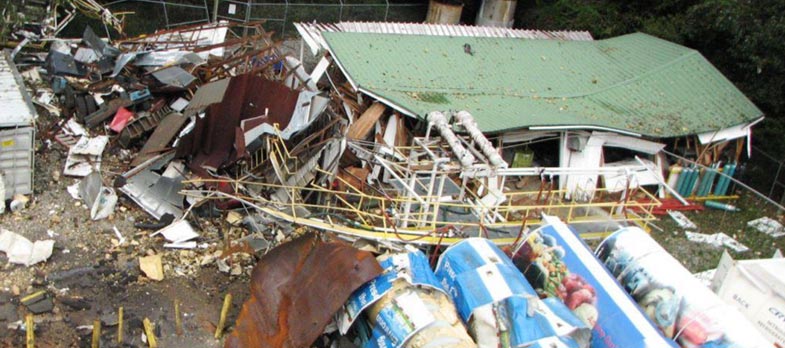At one point during the Iraq War, soldiers at Joint Base Balad, deep inside the infamous Sunni Triangle, burned 200 tons of waste a day in a 10-acre, open-air pit. Soldiers doused human waste, mechanical parts, medical waste, radio batteries, and all the other waste of war with JP-8 jet fuel, which released clouds of benzene gas as it burned. …
Appeals Court Temporarily Reinstates Workers’ Compensation Rate Increase
A proposed 14.5% workers’ compensation insurance rate increase will remain in effect unless the First District Court of Appeal rules otherwise, according to a recent decision from that body. In November of 2016, a district judge struck down the National Council on Compensation Insurance’s proposed increase because the NCCI did not comply with public hearings requirements and held closed-door meetings …
Lawmakers to Take Hard Look at Workers’ Comp in 2017
While business groups look to retake ground they first obtained in 2003, labor groups are gearing up to take advantage of the chance they see to redo the entire system in Florida. In December of 2016, the Senate Banking and Insurance Committee began preparations for what will probably be a session-long debate on the subject. Recently, state regulators approved a …
Feds Release Final Report on Deadly Factory Explosion
Because of a legal loophole, safety procedures were dangerously inadequate at a Cantonment nitrous oxide plant, and the lax environment led to a chemical explosion that killed one person, according to the Chemical Safety Board. Although there are a number of federal rules and guidelines for hazardous chemical productions, these protocols do not technically apply to nitrous oxide. So, during …
Lawmakers Debate Attorney’s Role In Workers’ Compensation
As state senators review a comprehensive workers’ compensation reform law, the traditional pro-business Republican and pro-labor Democrats are lining up on either side. Alarmed after a 14.5% insurance premium increase, Republicans in the House passed a bill that’s designed to “reduce attorney involvement in the system,” according to Rep. Danny Burgess (R-Zephyrhills). The House measure caps attorneys’ fees at $150 …





